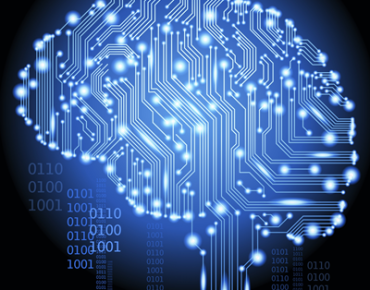EU Scientists Kick Off $1.6 Billion Human Brain Project

This week the Human Brain Project, a ten-year, $1.6 billion project co-funded by the EU that will bring together scientists from 135 institutions to better understand the human brain, has begun.
The effort will result in a database of brain research from tens of thousands of neuroscience papers published every year in addition to creating a complete computer simulation of the brain, and advancing computing technology along the way.
"The Human Brain Project is an attempt to build completely new computer science technology that will enable us to collect all the information we have built up about the brain over the years," said Prof Henry Markram, Director of the HBP at EPFL (Ecole Polytechnique Fédérale de Lausanne), in Switzerland.
"We should begin to understand what makes the human brain unique, the basic mechanisms behind cognition and behaviour, how to objectively diagnose brain diseases, and to build new technologies inspired by how the brain computes."
But to simulate brain activity in real time requires a computer ten times more powerful than even the reigning Tianhe-2, which makes the push for exascale all the more important. Although the Project’s participants admit that current supercomputers aren’t yet powerful enough to match the human brain, they say they will be sufficient for a “first draft” simulation.
"I've spent my career building conventional computers and I've seen their performance grow spectacularly,” said Steve Furber, one of the key designers of the BBC Microcomputer. “Yet they still struggle to do things that humans find instinctive. Even very young babies can recognise their mothers but programming a computer to recognise a particular person is possible but very hard."
But scientists believe that these very issues are the ones that need to be unlocked to push information technology beyond today’s capabilities. The result, called a neuromorphic computer, would be able to learn just like a human brain to easily make decisions based on large and complex datasets.
In addition advancements in computing that the project would provide, the ultimate aim of the research is to gain a more granular, scientific understanding of brain function that could help us better map the origin of brain diseases, and ultimately treat and cure them.











